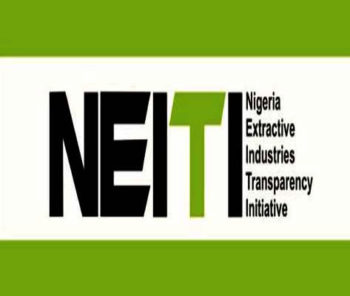
The Nigeria Extractive Industries Transparency Initiative (NEITI), said it has commenced the process for a comprehensive independent audit of the oil and gas industry for 2015 and 2016.
In a statement in Abuja, Executive Secretary of NEITI, Waziri Adio, disclosed that NEITI had already commenced distribution of templates to participating companies and government agencies, adding that all populated templates with the required information and data are expected to be returned to NEITI on or before the 31st of May, 2017.
He further stated that NEITI is expected to conclude the independent audit and make its findings public by the end of the year. Adio, however, warned that NEITI will not hesitate to invoke relevant sanctions under the law on companies and other covered entities that fail to cooperate with it during the exercise.
He explained that the independent audit of the oil and gas sector by NEITI for the period 2015 and 2016 would examine the fiscal, physical and process issues from within and among the companies and relevant government agencies.
He also announced that NEITI would introduce a ranking reward system to incentivize participation of covered entities, noting that under the ranking system, companies would be graded based on their efficiency in populating the audit templates including the quality and depth of information and data provided, quick response to set deadlines among other considerations.
He further explained that the ranking system will be shared with over 51 member countries of the global EITI and multi-lateral organizations to serve as reference points on adherence to business ethics for major investment decisions in Nigeria.
Adio maintained that NEITI is committed to working closely with the companies under the EITI framework to create good business environment that is conducive for the inflow of more foreign direct investments into the extractive sector.
According to him, for this to happen it encourages all companies to embrace transparency, accountability and corporate governance in conformity with the EITI standards.
He said, “The audit will therefore undertake special verification and validation of information and data on the payments made by the companies to government entities as well as government receipts.
“Other areas that the audit will cover will include quantities and volumes of crude produced, balances payable or receivable on certain financial transactions, taxes, royalties on project by project basis, social contributions and investment flows.
“The overall goal is to ascertain if the fiscal, physical and process transactions in the oil and gas sector during the period under review were in line with the transparency and accountability standards as well as the principles of the global extractive industries transparency initiative which NEITI is implementing in Nigeria.”
Adio was speaking at a workshop for major oil companies and relevant government agencies expected to participate in the exercise.
He explained that the workshop was designed to acquaint the participants with the structure and content of the template, the kinds of questions that NEITI would ask and the answers expected to be provided by the covered entities.
He said the aim of the workshop is to seek views, suggestions and inputs as well as listen to concerns on how to make the exercise hitch-free.
The workshop witnessed presentations on the EITI processes, methods, principles and standards including emerging issues on beneficial ownership and contract transparency.
The benefits of implementing EITI in Nigeria also topped discussions at the interactive session.